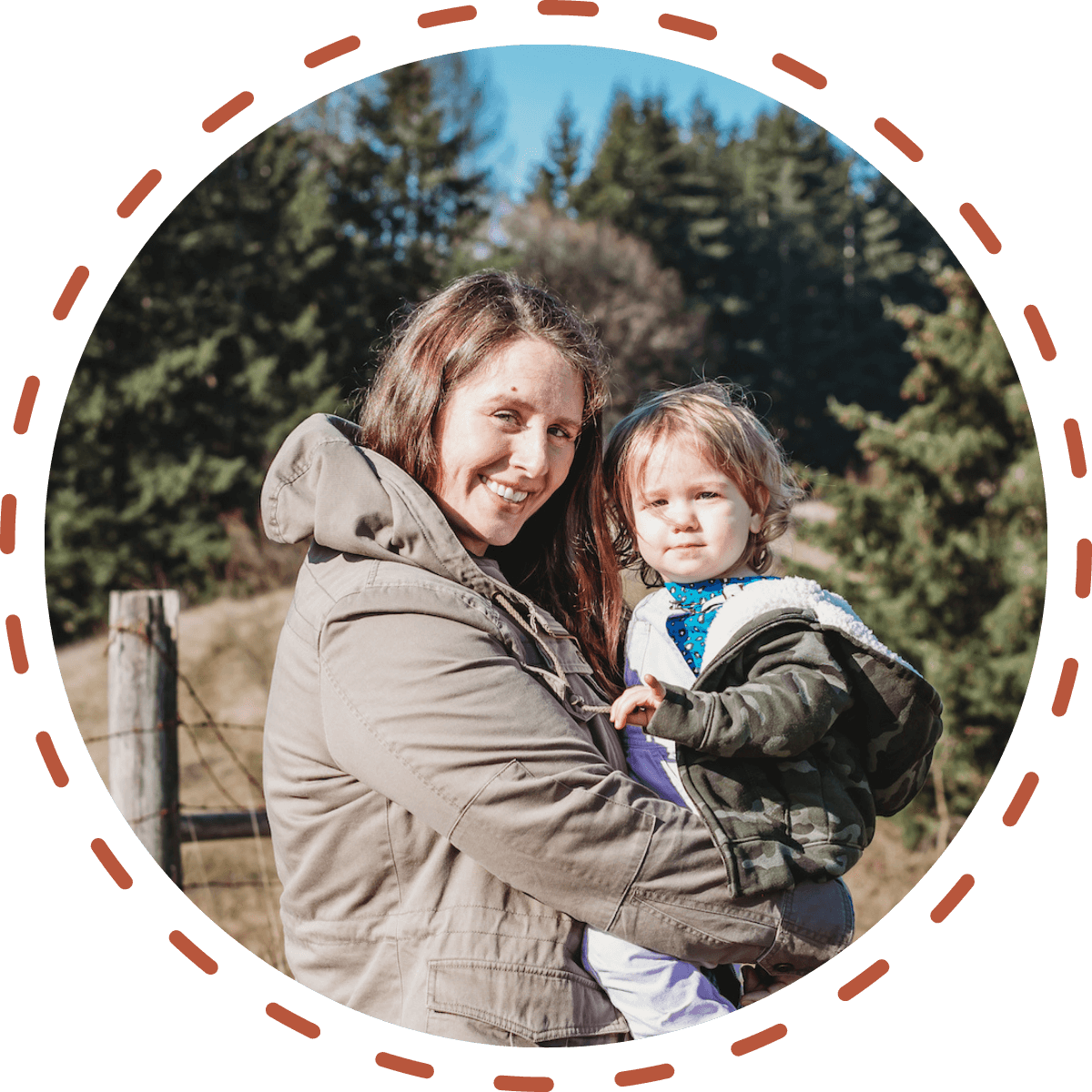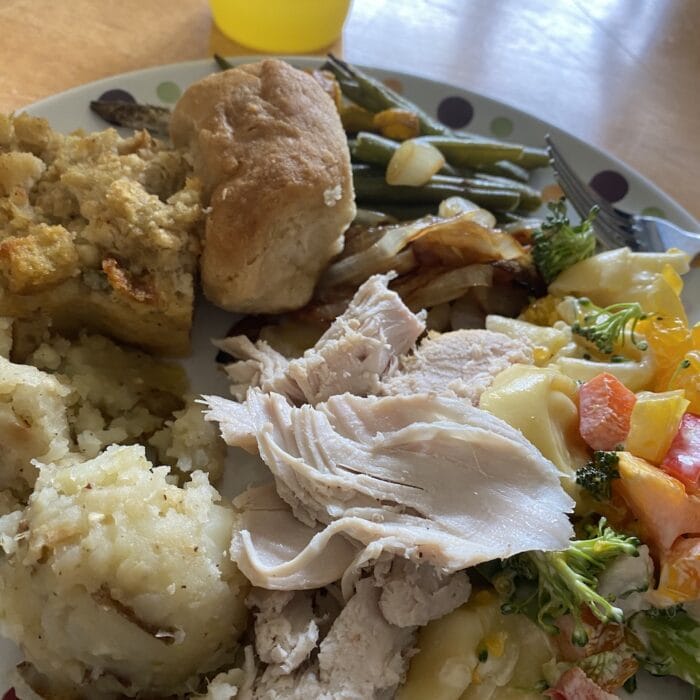When I was growing up, I was the nice girl. Oh, that’s Jessica, she’s so nice. It was a compliment for the most part, and I was happy to live up to that expectation. Coming from a small, rural area, this was easy enough. There weren’t a lot of differing opinions about what nice meant and the circle of influence wasn’t very large. Family, friends, teachers, and coaches were all mostly the same people in various roles. I was also fairly shy and “being nice” was a safe place to hide where I didn’t have to share my opinions or let myself be fully known.
Moving on to college and out in the large world being “nice” became problematic. As it turns out, it’s a very subjective word. When in a larger pool of influence with more diverse experiences and backgrounds, nice means different things to different people. I had not broken it down into what it meant for me, and it led to a bit of an identity crisis. I had to figure out who I was without being able to use “nice” as a crutch. It was confusing but ultimately led to the path of figuring out myself and who I am rather than focusing so much on making everyone around me happy. I learned, sadly not very quickly, that when I am trying to please everyone I’m not pleasing anyone at all. Especially not myself.
Words have meanings attached to them and I believe the meanings hold power making it important to be purposeful about the way we think about ourselves. The more I think about the word “nice,” the more problems I find with it. People often use the word nice when they can’t come up with anything better to say, giving the impression of blandness, mediocrity, and forgettable. Boring. It is also a word that can be charged with sarcasm. “Nice” is frequently used after making a mistake or when something negative happens. Even if used as a compliment, I think there is an endless amount of words to choose to describe our lovely selves that are more dynamic, clear, and tangible.
As for my children, while I hope their father and I are raising them to be kind, compassionate, and brave, I don’t want them to entertain the thought of being “nice.” Growing up and leaving home probably always leads to a bit of an identity crisis, but I want my kids to have more of a foundational knowledge of who they are at heart. I think that can be encouraged by naming their gifts and strengths with clear language and celebrating what makes them unique. I’m hoping to give them the vocabulary to be able to describe themselves when the world feels big and overwhelming. Joyful? Yes. Strong-willed? Yes. Curious? Yes. Nice? No, thank you.
It can be difficult, especially as a busy mom, to be intentional about something like semantics. Here is a list of words I keep in mind to use to encourage my kids.
- Helpful
- Polite
- Compassionate
- Creative
- Joyful
- Clever
- Courageous
- Curious
- Confident
- Honorable
- Resilient
- Wise
- Generous
- Diligent
Check out these blog posts that incorporate the word fourteen;
The Most Wonderful Time of the Year: 14 Things I Love About the Holidays by Jessica Weaver
www.rootedunrooted.com/blog/the-most-wonderful-time-of-the-year
14 Lessons Learned in My First Decade of Motherhood by Amy Cobb
https://www.tayloredintent.com/blog/14-lessons-learned-in-my-first-decade-of-motherhood
14 Truths about Love by Sharla Hallett
www.sharlahallett.com/14-truths-about-love/
14 Parenting Tips to Raise Strong, Independent Kids by Ashley Olivine
https://louvaria.com/14-parenting-tips/






1 thought on “Fourteen Adjectives to Cultivate in Kids”
I love this!!! Intentional language like this will also help them be intentional with their own kids and spouse and coworkers. You are modeling SO MANY things by doing this. Bravo!